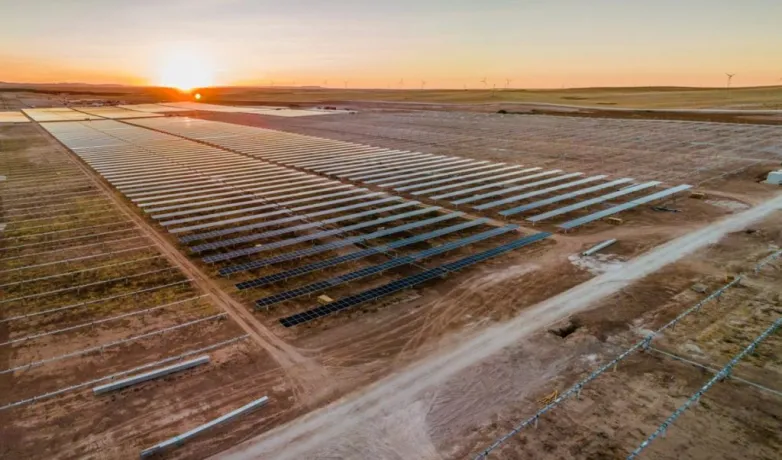European solar returns remain to drop, yet can financial institutions, governments and grids relieve threat concerns?
- European solar capitalists are coming to terms with smaller sized returns, however banks, federal governments and also grid operators might do even more to help ease threat and also reduce financier issues.

In a panel discussion centred around solar's role in Europe's economic recuperation during today's Big Scale Solar Europe conference, organized by PV Tech publisher Solar Media, solar investors as well as professionals disclosed that forecasted interior rates of return (IRRs) from large-scale solar projects had actually rolled in Europe.
João Cunha, COO and also replacement Chief Executive Officer at renewables investor Smartenergy, said that while his company would certainly need a double-digit rate of IRR to take into consideration a green hydrogen project, utility-scale solar PV had come to be progressively competitive, with returns around the 5-- 6% mark far more common.
His sight was recommended by Ignacio Cobo, elderly expert at speaking with company AFRY, that stated that the solar sector was "no longer discussing double-digit targeted returns", agreeing with Cunha's forecast for IRRs of between 5-- 6%, with returns sometimes slipping closer to 4%, as has been seen in recent European renewables public auctions like those seen in Spain and also Portugal.
Portugal's newest solar public auction, held last summer, was noteworthy for setting a brand-new record low rate for solar at auction. Enerland submitted a quote of US$ 0.0131/ kWh for a 10MW lot in the auction, defeating the previous public auction document of US$ 0.0135/ kWh established by a consortium consisting of JinkoSolar and EDF for Abu Dhabi's Al Dhafra project last springtime.
These a lot more moderate returns were, nevertheless, falling short to whet the appetite of some financiers, regardless of a "tidal wave of eco-friendly capital" flooding right into markets, as conversation mediator and also BloombergNEF's head of solar analysis Jenny Chase, posed it to the panel.
Cobo stated the tightening of returns had placed higher emphasis on education throughout the worth chain, particularly for banks and risk boards to make them more comfortable with dangers associated with solar projects as predicted returns lessened. Various other methods of lowering that threat would certainly be via even more regulatory authority public auctions, which guarantee a purchase price for power over a gotten period, while hybridisation with various other generation modern technologies or energy storage facilities might additionally be a means of decreasing market volatility.
Stefan Müller, founder at multi-faceted solar company Enerparc, stated that the solar sector no longer requires any obvious means of moneying such as subsidies to draw in investors, however federal governments can go a long way to alleviating financier worries by supplying bank warranties, while grid operators might additionally offer a purpose by coming to be offtakers. Such an action could be a "genuine push for the market", Müller stated.
Participants for the discussion would also show up to have concurred. In a poll, over half-- 56%-- claimed improved plan stability would certainly be the very best means for federal governments to support utility-scale solar moving forward.
Also read

